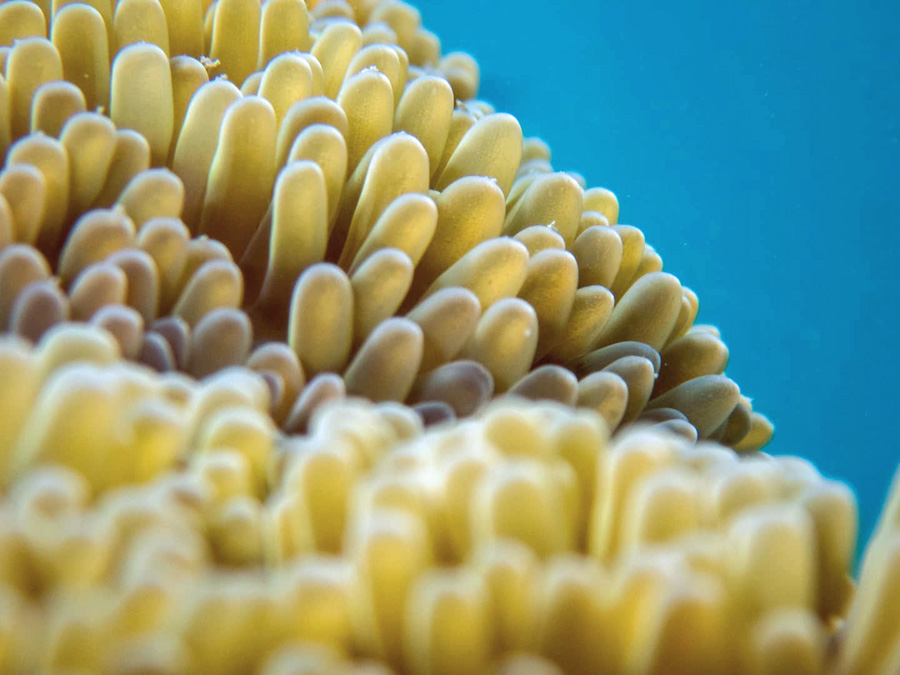COVID-19 pandemic benefits coastal, marine ecosystems

The COVID-19 pandemic has forced people worldwide to apply social distancing, which translates into drastically reducing the level of social and economic activity, as well as bringing to light the positive impact that this situation has had on the environment, including the oceans.
To raise awareness of this reality, the Marine Environmental Society announced the launch of Planet Ocean, a virtual education program on the importance of corals and their restoration for coastal and marine species and ecosystems.
“We believe it’s the right time to advocate and educate on how human beings should return to the ‘new normal’ under a system of values and principles that includes protecting our marine ecosystem,” Marine Environment Society President Samuel E. Suleimán-Ramos said.
As part of the Planet Ocean virtual education program, the entity known as SAM in Spanish will hold a series of virtual talks during the months of May and June. They are open to coastal communities, divers, boaters and anyone interested in the conservation of natural resources.
“The first module discusses the current status and threats of the marked decrease in coral, the poor natural recovery of this species, and the decrease in associated organisms throughout the Caribbean region,” said Suleimán-Ramos.
Likewise, this module includes a pre-training in reef restoration techniques and a virtual tour of our coral nurseries on the island municipality of Culebra, to lay the foundations for the next virtual educational sessions.
SAM’s educational agenda provides for holding virtual talks every three months. At the end of the training cycle, participants will receive a “passport” of skills, so that scientific citizens have the credentials to participate in exchanges with other organizations in and outside of Puerto Rico, the entity confirmed.
Among the topics to be developed are the identification of fish, corals and marine organisms; techniques or protocols for monitoring fish, corals and diseases; and reef restoration and rehabilitation techniques.
Suleimán-Ramos said SAM has been a pioneer in restoring coral populations, being the first working group to propose and establish coral farms where deer horn corals are cultivated, harvested and transplanted to rehabilitate populations in their natural environment.
“We are continuously developing scientific research to find solutions to marine and coastal problems,” he said.
The first educational video called “Planet Ocean Discussion” is available to the public on SAM’s Facebook page.








